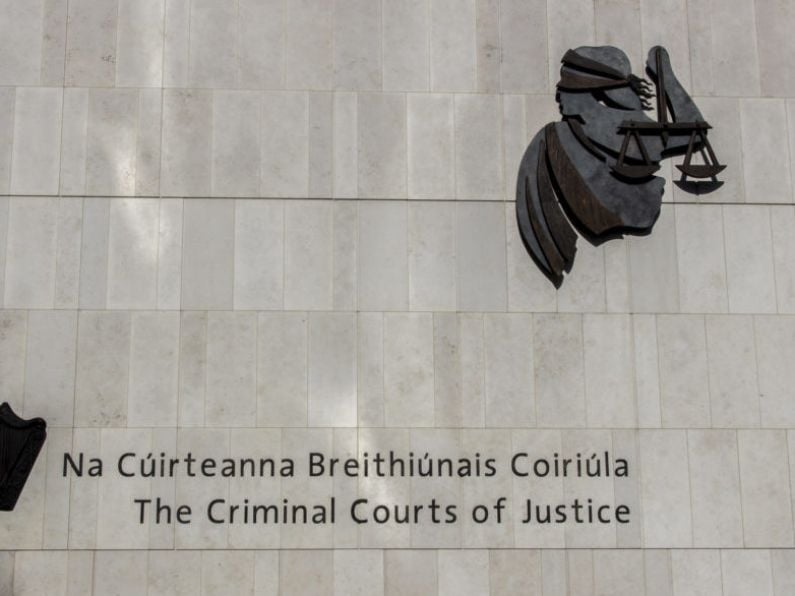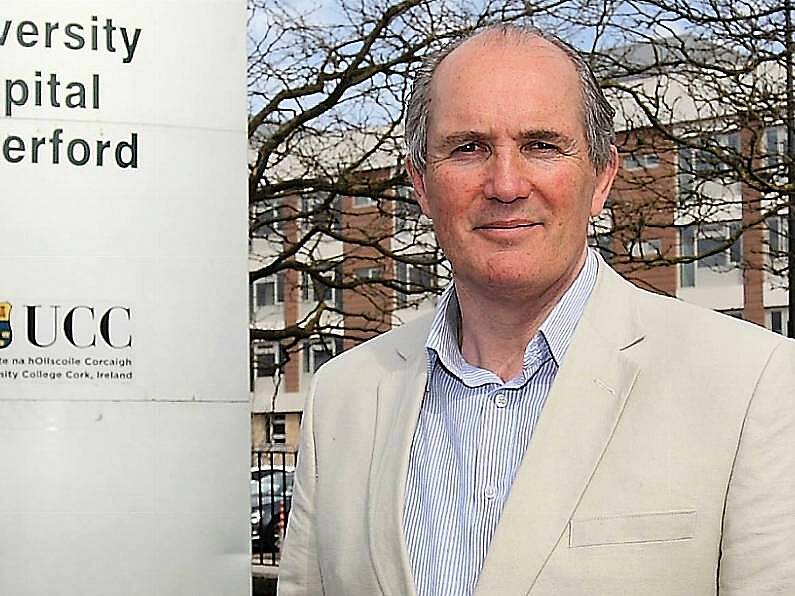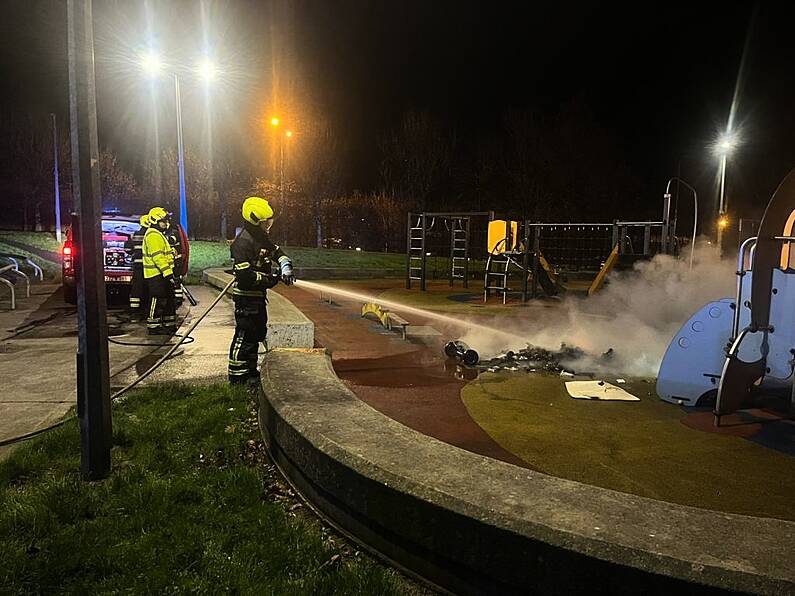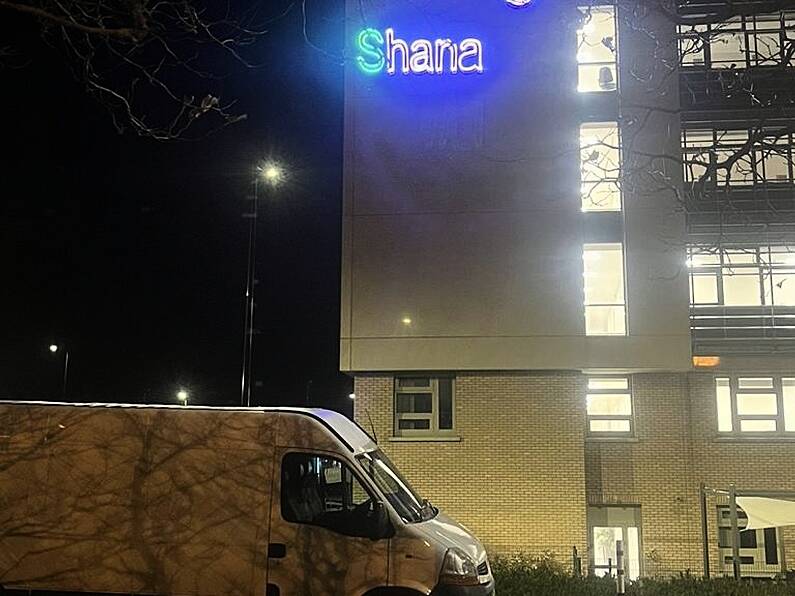Paul Neilan
A father who was jailed for sexually assaulting his young daughter in their family home has failed in a bid to overturn his conviction over what his lawyers claimed were inconsistencies in the girl's evidence.
The man, who cannot be named in order to protect the identity of his daughter, appealed his conviction on a single ground of sexual assault, after the trial jury could not agree on 14 other charges of a similar nature.
He was jailed for four years and 10 months by Judge Francis Comerford at Carrick-on-Shannon Circuit Criminal Court in September 2021.
The girl made a complaint of being sexually assaulted by her father to a school chaplain in March 2013 and the appellant was questioned the following July.
He was arraigned in July 2021 on 15 counts of sexual assault that allegedly occurred at their home in Co Leitrim between May 2006 and November 2012 and pleaded not guilty on all counts. However, the jury convicted him of a single count of forcing the girl to touch his penis on a date between May 1st, 2006, and August 31st, 2006.
The 49-year-old appealed the conviction, arguing that the matter should not have been put in front of the jury on the grounds of both the contradictory nature of the victim's evidence and an insufficient warning given by the judge on the lack of corroborative evidence.
Patrick McGrath SC, for the father of seven, said the trial judge noted "troubling features" in the evidence in the case and that the girl had told specialist interviewers and gardaí that this abuse happened when she was either 10 or 11-years-old.
Mr McGrath said the trial had heard the girl say she knew this abuse happened around the time of the death of her uncle, which was later found to be when she was actually seven-years-old.
Mr McGrath said gardaí proceeded to interview the man on the basis of enquiring into the time period of when the girl was between 10 and 11, making the evidence in the case "unsafe on such serious issues".
Inconsistencies
Ms Justice Isobel Kennedy said that all trials have inconsistencies in them which are matters for juries to decide and that any inconsistency would have to be an "exceptional one" for a case not to be allowed to go before a jury.
Counsel said the inconsistency regarding the victim's age was an "irreconcilable" one and said it was "wholly unsatisfactory" that the witness said in evidence that this was down to "trauma".
Mr McGrath said there were also inconsistencies over when the abuse stopped, whether it was happening after a younger sister was born and what she told the school chaplain in her complaint.
Counsel added that the trial judge's warning to the jury on convicting in a case without corroborative evidence was inadequate in its phrasing, which "diluted the strength of the warning".
Mr Justice George Birmingham noted that Mr McGrath made no complaint about the warning at the trial and the fact that the judge said there was no corroborative evidence was actually to the defence's advantage.
In dismissing the appeal at the three-judge court on Friday, Ms Justice Úna Ní Raifeartaigh said the appellant's case was that the guilty verdict was "perverse" because of the contradictory evidence allowed to go before the jury.
Ms Justice Ní Raifeartaigh said the defence had "rigorously" cross-examined the victim at the trial about the question of her age. The judge said that because the jury could not agree on 14 of the similar charges it showed they were "alive" to contradictory evidence in the case.
Ms Justice Ní Raifeartaigh said that while there had been inconsistencies in the evidence, the victim had been consistent throughout about the nature of the abuse and there was no "exceptional" inconsistency present.
Regarding the corroboration warning in the judge's charge to the jury, Ms Justice Ní Raifeartaigh said there had been no objection to it at the trial and that the warning itself was "unusually strong" and had been repeated four times during the trial.
Ms Justice Ní Raifeartaigh said the non-jury court had "no hesitation" in rejecting the appellant's arguments and then dismissed the appeal.
If you have been affected by any of the issues raised in this article, you can call the national 24-hour Rape Crisis Helpline at 1800-77 8888, access text service and webchat options at drcc.ie/services/helpline/, or visit Rape Crisis Help.
In the case of an emergency, always dial 999/112.













